Navigating the Challenges: The Travel Industry in 2025
Related Articles: Navigating the Challenges: The Travel Industry in 2025
Introduction
With enthusiasm, let’s navigate through the intriguing topic related to Navigating the Challenges: The Travel Industry in 2025. Let’s weave interesting information and offer fresh perspectives to the readers.
Table of Content
Navigating the Challenges: The Travel Industry in 2025
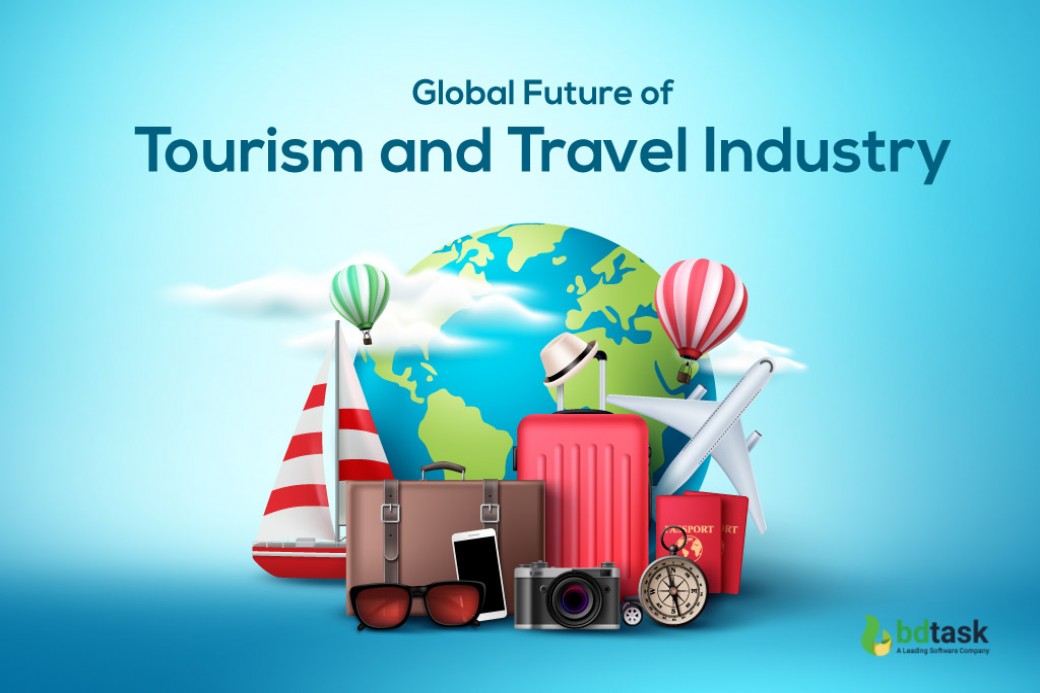
The travel industry, a dynamic and ever-evolving sector, is facing a complex landscape in 2025. While the post-pandemic recovery has brought a surge in travel demand, the industry is grappling with a multitude of challenges. These challenges are multifaceted, encompassing economic volatility, geopolitical instability, environmental concerns, and shifting consumer preferences. This article delves into the key issues confronting the travel sector, exploring their potential impact and highlighting the strategies that companies like Leger Holidays are employing to navigate these turbulent waters.
The Economic Headwinds:
The global economy is experiencing a period of significant uncertainty. Inflation, rising interest rates, and the threat of recession are creating a challenging environment for consumers. These factors are impacting disposable income, leading to increased cost-consciousness among travelers. This translates into a heightened focus on value for money, with travelers seeking affordable and budget-friendly travel options.
Geopolitical Turbulence:
The world is witnessing a rise in geopolitical tensions, with conflicts and instability impacting travel patterns and destinations. Travelers are increasingly wary of destinations perceived as unsafe or politically volatile. This uncertainty necessitates careful risk assessment and adaptability, requiring travel companies to be agile in their offerings and responsive to evolving global events.
Sustainability Concerns:
Environmental consciousness is no longer a niche interest but a mainstream concern. Travelers are actively seeking sustainable travel options, prioritizing eco-friendly practices and responsible tourism. This shift in consumer behavior is driving a demand for sustainable travel products and services, forcing travel companies to adopt environmentally responsible practices and demonstrate their commitment to sustainability.
Technological Disruption:
The travel industry is experiencing a rapid technological evolution, with digital platforms and online booking systems transforming the way people plan and book trips. This digital transformation is creating new opportunities for innovation but also poses challenges for traditional travel companies. The need to adapt to these technological advancements and embrace digital solutions is paramount for survival and growth.
Shifting Consumer Preferences:
Consumer preferences are constantly evolving, influenced by factors like demographics, lifestyle choices, and travel motivations. Millennial and Gen Z travelers, now the dominant travel demographics, prioritize personalized experiences, authentic cultural immersion, and seamless digital integration. This necessitates a shift in travel offerings, catering to these evolving preferences and providing tailored experiences that resonate with younger generations.
Leger Holidays: Adapting to the New Landscape
Leger Holidays, a prominent name in the travel industry, is actively navigating these challenges by implementing a multi-pronged strategy. They are focusing on offering value-driven packages, incorporating sustainability into their operations, embracing technology to enhance customer experience, and tailoring their offerings to meet the diverse needs of modern travelers.
Value-Driven Packages:
Leger Holidays understands the importance of affordability in the current economic climate. They are offering a range of value-driven packages, focusing on competitive pricing and inclusive itineraries that provide maximum value for money. This strategy is attracting budget-conscious travelers seeking quality experiences without breaking the bank.
Sustainability Initiatives:
Leger Holidays is committed to responsible tourism and environmental sustainability. They are actively implementing sustainable practices throughout their operations, reducing their carbon footprint, supporting local communities, and promoting eco-friendly travel choices. This commitment resonates with environmentally conscious travelers and strengthens their brand image.
Technology Integration:
Leger Holidays is embracing technology to enhance customer experience and streamline operations. They have invested in digital platforms for online booking, customer support, and information dissemination. This digital transformation allows them to reach a wider audience, provide personalized service, and improve operational efficiency.
Tailored Experiences:
Leger Holidays recognizes the importance of catering to diverse travel preferences. They are offering a wider range of itineraries, catering to specific interests, age groups, and travel styles. This strategy ensures that they can meet the evolving needs of modern travelers and provide unique experiences that resonate with their individual preferences.
FAQs:
Q: How is Leger Holidays addressing the economic challenges facing the travel industry?
A: Leger Holidays is focusing on offering value-driven packages, providing competitive pricing and inclusive itineraries that offer maximum value for money. They are also exploring partnerships with airlines and hotels to secure competitive rates and pass on savings to customers.
Q: What steps is Leger Holidays taking to ensure sustainability in their operations?
A: Leger Holidays is implementing a range of sustainable practices, including reducing their carbon footprint through fuel-efficient transportation options, promoting eco-friendly hotels, and supporting local communities through responsible tourism initiatives.
Q: How is Leger Holidays using technology to enhance customer experience?
A: Leger Holidays has invested in digital platforms for online booking, customer support, and information dissemination. They are also utilizing mobile applications to provide real-time updates, itinerary management, and personalized travel recommendations.
Q: How is Leger Holidays adapting to the changing preferences of modern travelers?
A: Leger Holidays is offering a wider range of itineraries tailored to specific interests, age groups, and travel styles. They are also incorporating social media and influencer marketing to engage with younger audiences and understand their travel aspirations.
Tips:
- Prioritize value for money: Look for travel packages that offer the best value for your budget.
- Embrace sustainability: Choose travel companies that prioritize environmental responsibility and support sustainable practices.
- Utilize technology: Take advantage of online booking platforms, mobile applications, and digital travel resources.
- Seek personalized experiences: Look for travel options that cater to your specific interests and travel style.
Conclusion:
The travel industry is facing a complex and dynamic landscape in 2025. Economic volatility, geopolitical instability, environmental concerns, and evolving consumer preferences are creating challenges for travel companies. However, these challenges also present opportunities for innovation and adaptation. Companies like Leger Holidays are navigating these turbulent waters by focusing on value, sustainability, technology, and personalized experiences. By embracing these strategies, they are positioning themselves for success in the evolving travel landscape. The future of the travel industry lies in its ability to adapt, innovate, and meet the evolving needs of its customers.
![Travel Industry Trends and Statistics [Infographic] Only Infographic](https://www.onlyinfographic.com/wp-content/uploads/2012/10/travel-industry.jpg)
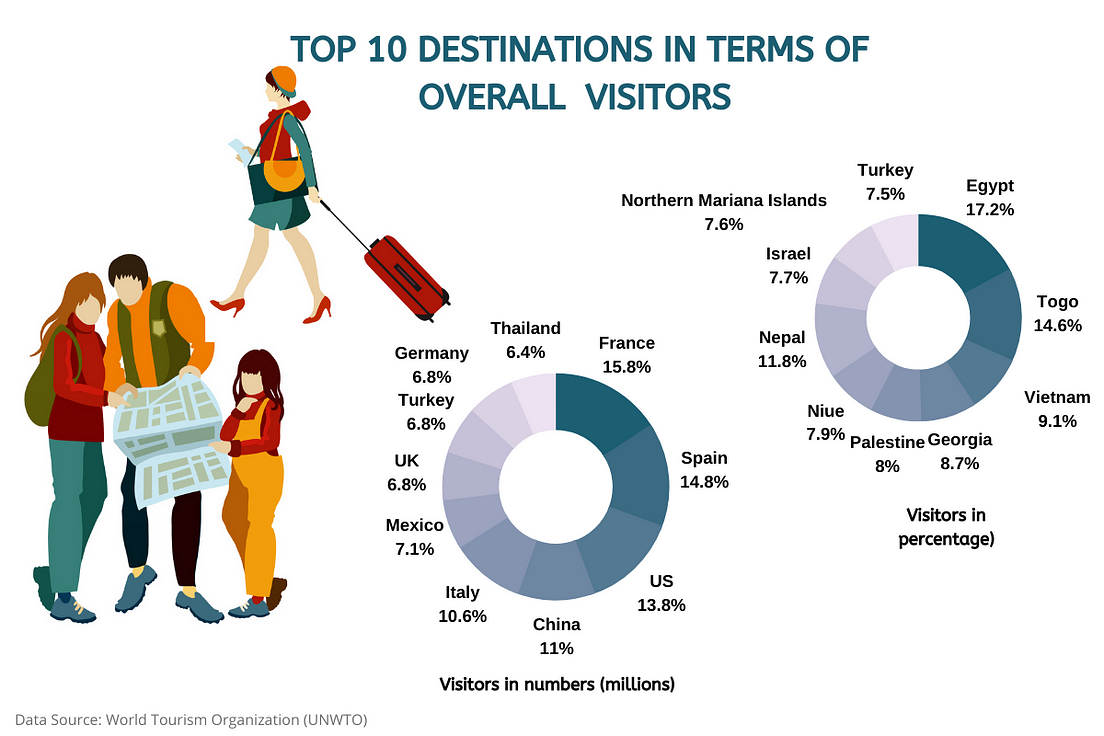

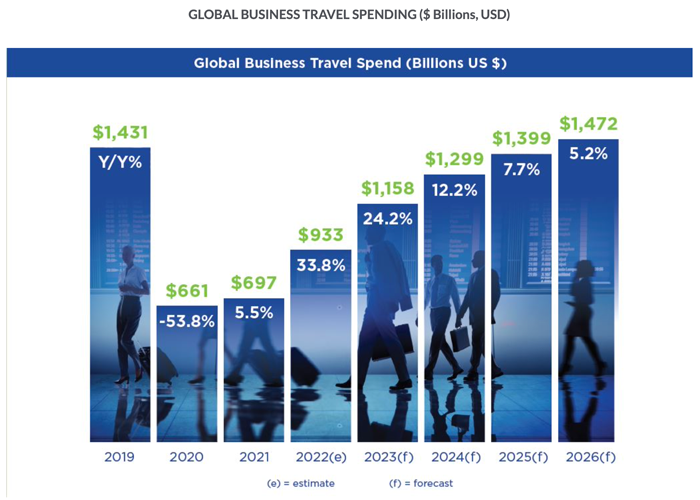
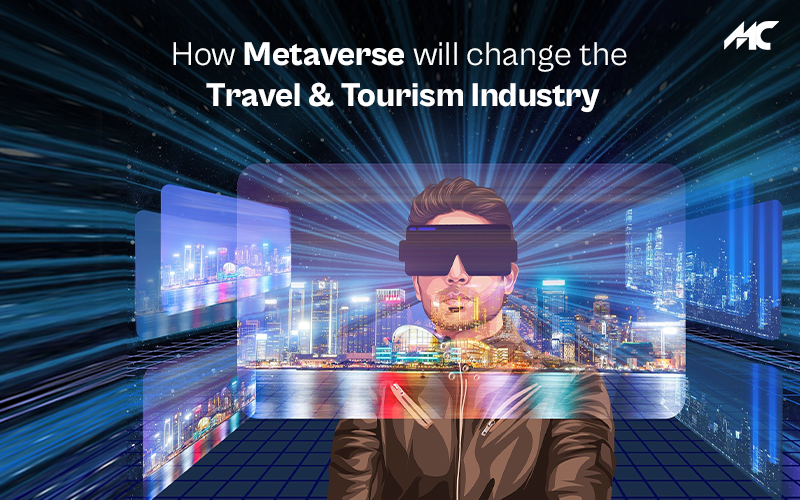

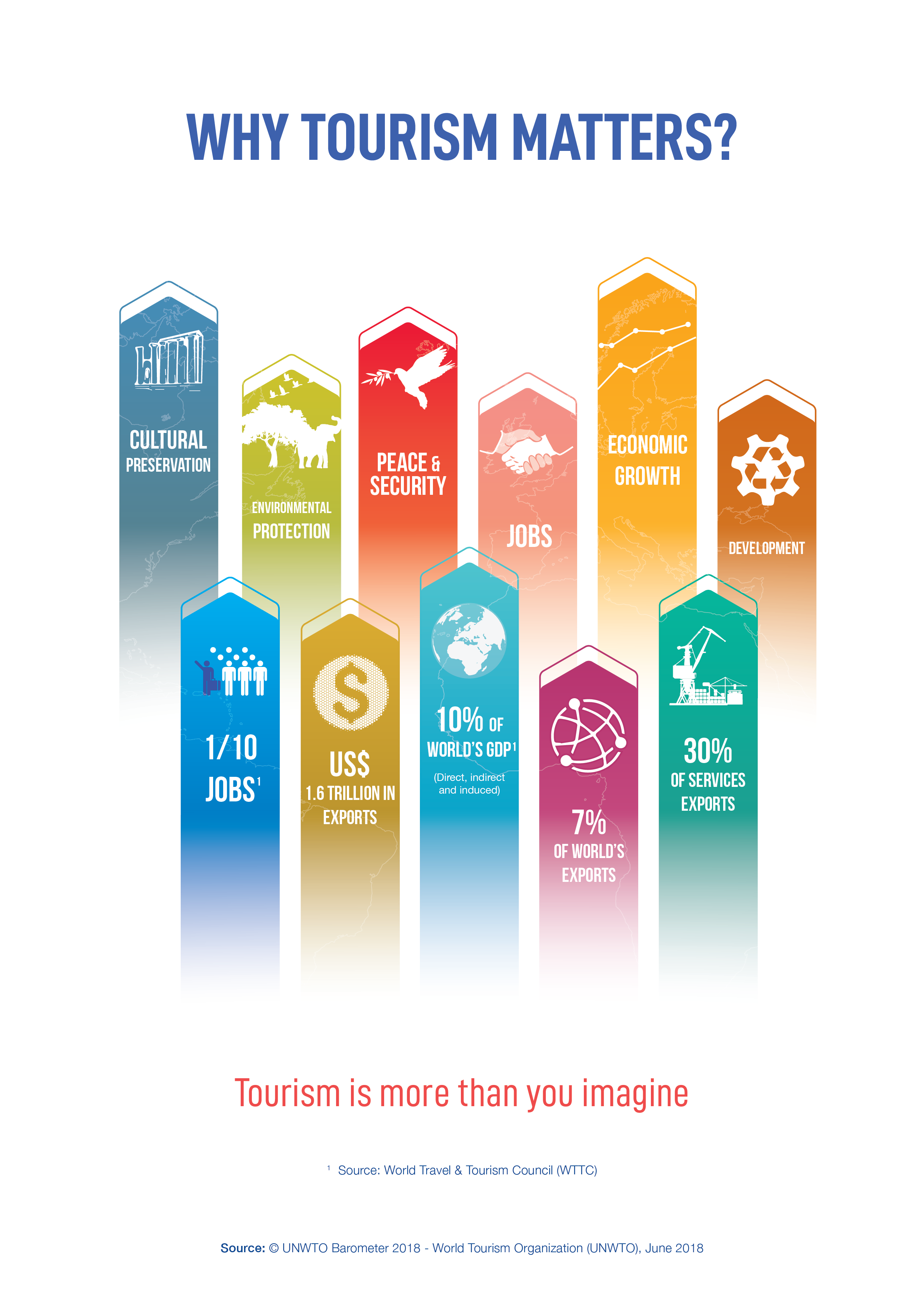

Closure
Thus, we hope this article has provided valuable insights into Navigating the Challenges: The Travel Industry in 2025. We appreciate your attention to our article. See you in our next article!